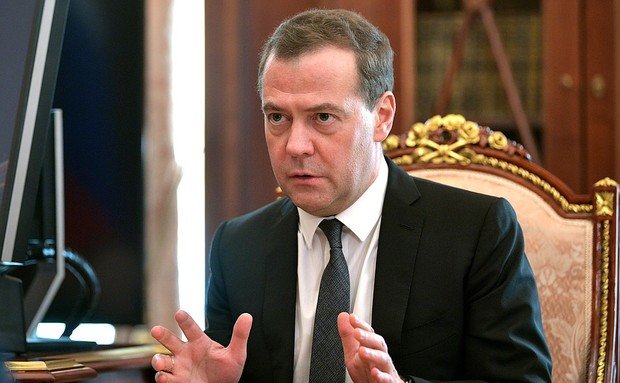Russia to spend $390 billion on economy overhaul
Putin’s May Decrees have evolved into 13 national projects
The Kremlin has announced detailed plans for large-scale structural changes promised by the president last year. Half of the impressive costs will be financed from the federal budget, while the rest is supposed to be covered by regions and ''extrabudgetary sources''.
The Russian government unveiled a €390-billion investment programme intended to overhaul the country's economy by 2024, reports Euronews. The plan follows the so-called May Decrees issued by President Putin after his re-election in 2018. Putin, whose term in office is supposed to be the last, set many ambitious goals, such as cutting poverty in half and boosting life expectancy.
The federal budget is expected to provide about half of the programme's overall costs, and regions will have to seek further 5 trillion rubles. ''Extrabudgetary sources'' account for the remaining 7,5 trillion rubles. A recent 2% increase in value-added tax (VAT) was supposed to be one of the sources of funding for structural reforms.
The investment programme includes 13 national projects that cover different spheres of the national economy. The most significant sum is meant to be spent on the modernisation of Russia's core infrastructure. According to the plan, it will cost 6,3 trillion rubles (€85,5 billion), which is almost a quarter of the total amount. Almost 4,8 trillion rubles (€64,4 billion) has been allocated to upgrade roads and car safety. Ecology is supposed to become the third-largest expenditure of 4,04 trillion rubles (€54,5 billion).

The national projects envisage reaching a number of goals by 2024. For example, the government intends to increase the volume of non-energy goods export to $250 billion per year from $160 billion expected in 2019. It also aims to raise domestic spending on digital economy threefold compared to 2017 and increase the share of Russian-made software used by government institutions and state-run companies. To improve the demographic situation, the Kremlin aims to increase the fertility rate. Plans for ecology include reducing the level of air pollution in large industrial centres by up to 20%. Besides, Russia is expected to break into the world's ten leading countries for education and become one of the top five destinations for research and development.
In December, Prime Minister Dmitry Medvedev promised to publish interim results for the investment programme annually.